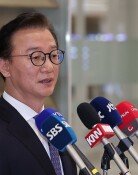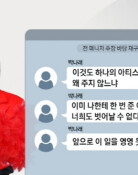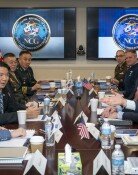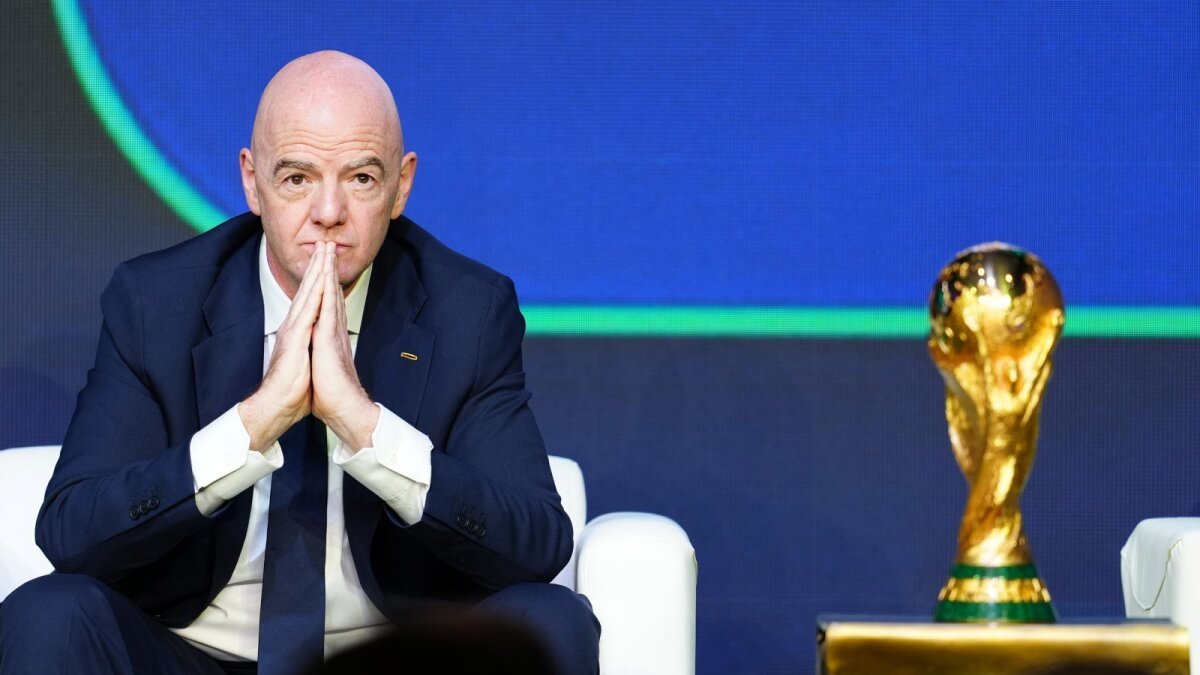Cognac costs 3 at N. K. hotel due to sanctions banning luxury goods export
Cognac costs 3 at N. K. hotel due to sanctions banning luxury goods export
Posted March. 21, 2016 09:28,
High-end spirits, which are luxury goods in North Korea, are found to be priced at high levels due to effect of sanctions against the Stalinist country. The North is also having difficulties earning foreign currency from international tourists. The Dong-A Ilbo received photos from Oleg Kiriyanov, a researcher with Moscow state university in Russia who had visited North Korea between Feb. 21 and Feb. 28
Masikryong Ski Resort is the place that was under controversy for importing lifts and snow mobiles from Switzerland by dodging sanctions against the North. The effect of sanctions has been confirmed in rather unexpected areas. Room service price for a bottle of Remy Martin XO Cognac at Masikryong Hotel, which is mostly used by foreigners, is set at 74,300 North Korean won (743 U.S. dollars), and that for 21-year-old Chivas Regal Whiskey is at 60,300 North Korean won (603 dollars). If calculated based on the official exchange rate (one dollar equals 100 North Korean won), Remy Martin costs 743 dollars, and the Chivas Regal 603 dollars. In South Korea, one can buy these spirits for about 200,000 won (172 dollars, discount store price) per bottle.
Bread (190 won or 1.9 dollars) and spaghetti (780 won or 7.8 dollars) at Masikryong Hotel were cheaper than those in Seoul. Rental costs for ski and skiwear were set at 1,100 won and 800 won, respectively. The fact only whiskey is sold for a price 265 times the price of the North’s flagship Taedongkang Bear (280 won, North Korean won) is most likely due to effect of sanctions. High-end spirits are an item whose export to North Korea is banned (luxury goods), which is mentioned in U.N. Resolution 1718 against the North, which was adopted after Pyongyang’s first nuclear test in 2006.
“The effect of sanctions generally start to emerge two years after they are put in place,” a source at South Korea’s state-run think tank said. “The effect of the latest sanctions adopted earlier this month will be gradually expanded over time.” Pyongyang created Masikryong Ski Resort with an ambition to attract foreign tourists, but only a few foreign tourists and North Koreans were skiing there.
조숭호기자 shcho@donga.com







